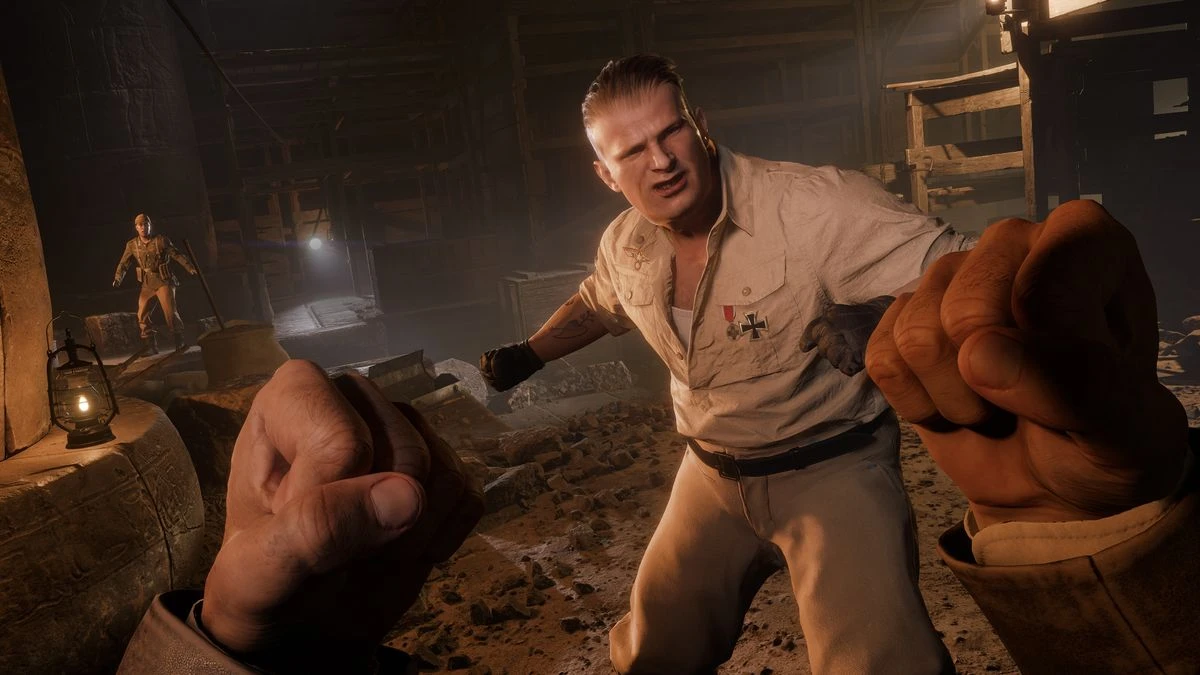The co-CEO of PlayStation makes a bizarre prediction regarding the future of AI in gaming, one I hope never happens
Elon Musk and others who don't make games are largely in favor of AI-driven development. But that hasn't stopped Hermen Hulst, co-CEO of PlayStation, from predicting it will become the standard.
Although AI has shown to be excellent at plagiarism, it's a far cry from creating a game that is competently designed and innovative. But that won't stop executives or 'ideas men' from pushing for a future in which publishers can cut out creatives.
Hulst, speaking to the BBC on the 30th anniversary of the PlayStation, made a prediction that he hoped would satisfy both sides: those who were worried about AI and those who sold the AI future. But it sounded just as hard to accept as predictions from executives whose AI fears had been confirmed.
He told the Beeb that he believes there will be two types of demand for gaming: one for AI driven innovative experiences, and another for thoughtful content created by hand.
Who else will demand an AI-driven video game, besides those who have invested in AI? There's no benefit to players who don’t think AI is a threat to those in the industry or who don’t care. Why would players choose a game without the human touch, given the current limitations of AI? It's not just morbid curiosity.
There is one possible advantage: games that don't just rely on AI during the development phase, but use it to adapt and evolve to the needs of their players. Oasis is already available, so we don't need to guess what these games will look like. This AI game is a prototype of Minecraft, but with AI that adapts to your inputs and can do things such as spit out new maps based on images you upload.
It's a wonky tech demo that performs horribly. While it's an interesting and sometimes genuinely impressive tech demonstration, it shows AI's inability create anything new. Imagine what AI experiences would look like if anyone had the ability to create them, teased Decart AI after showing the world an even worse version of Minecraft.
Decart envisions a future where you can simply say what you want and the AI engine will do it. But it won't create it from scratch. It has to grab it from somewhere. And for obvious copyright purposes, this library would have to be limited to preapproved assets or data that companies or individuals are willing to share.
Oasis doesn't give us a convincing response to the question about how games like these will be able provide more than just a fleeting diversion. Even games with procedural elements, like Minecraft, are designed by creative teams who have specific goals in mind. Even games where you can set your own goals are fun because talented people have worked hard to create bespoke art, mechanics, and toys that you can play with. While the idea of being able "to decide what I want to happen" sounds exciting, there is no game in that. It's a novelty sideshow that we'll quickly get bored of before we return to more curated experiences created by developers.
This is not to say that AI cannot add a lot to games. Hulst's prediction is followed by a more rational thought: "Finding the right balance between leveraging AI while preserving the human element will be crucial." The choice of the word 'leveraging' is crucial.
AI has a place in game development. It could reduce bottlenecks, and allow developers to spend more time on polishing and less time crunching. A tool that helps rather than takes over. But there is a huge difference between "AI-driven innovation experiences" and that.
The fact that many influential people are pushing it means we will start to see AI-created video games from major publishers. But the prediction that this will be a demand or that these games can actually innovate instead of simply plagiarising seems incredibly presumptuous.




Comments